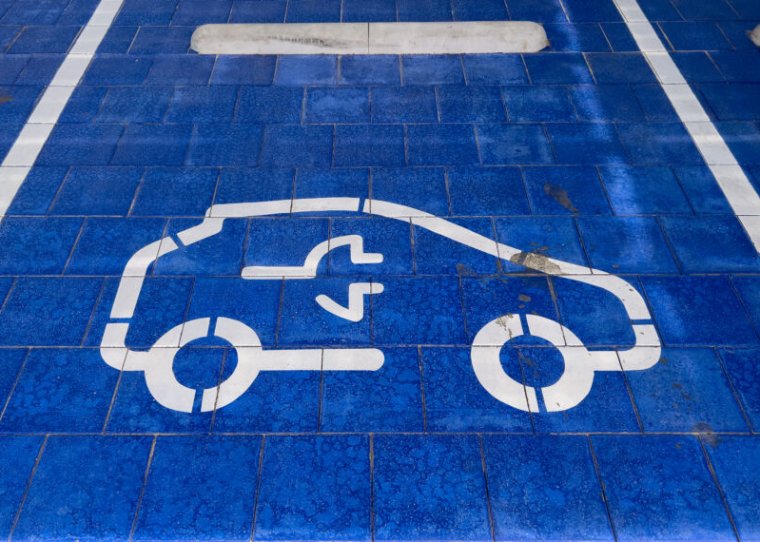
The past few weeks have taken me to Europe, and it's easy to see just how many new electric vehicles are on the roads over there. For example, in Germany, nearly 14 percent of new cars sold in 2021 were battery EVs, and another 12.5 percent were plug-in hybrids. Even Brexit-beleaguered Britain is having a BEV bonanza at 11.6 percent of new car sales last year.
Here in the US, we're also buying more EVs than ever. But in 2021, BEVs still accounted for just 3 percent of the new car market, and that has me worried about the country's ambitious goals for EVs to make up half of all new car sales in less than a decade.
Transportation and climate change advocates had hoped for a comprehensive plan to decarbonize the way Americans move around the country, but as with so many ambitious (and even meager) plans, that push didn't survive contact with the US Senate. What we did get was a new Federal government policy stating that half of all new cars and light trucks should be zero-emissions vehicles—a mix of BEVs, PHEVs, and fuel cell EVs—by 2030, as well as an extra $7.5 billion for more EV chargers. Add to this the declarations from car companies promising—or aspiring—to go fully electric by 2030, and the future sounds bright.
But these ambitious goals have yet to fully penetrate the rest of the federal government. Despite sharp criticism from the White House and the Environmental Protection Agency, the United States Postal Service will initially only purchase 5,000 BEVs as part of a plan to replace 50,000–165,000 delivery vans.
What do buyers want?
The good news for those who want to see EV adoption increase in the US is that consumer interest is higher than ever. The online car retailer CarMax says that starting in 2021, it has seen a steady growth in customer searches for EVs, as well as an increase in test drives. Both those trends increased significantly between February and March 2022. The company notes that during that same time, gasoline prices went up by 66 cents per gallon on average.
Going electric isn't an especially cheap option if you're buying a new car, particularly as many automakers are focusing on the profit-rich higher end of the market as they introduce new electrified models.
Then again, those looking for a bargain ride rarely buy new, and CarMax points to the Chevrolet Bolt EV, BMW i3, and Nissan Leaf as three popular EVs that each command less on the used market than the average car sold at CarMax (~$29,000). Still, CarMax's most popular EV is the Tesla Model 3, which has an average price of $49,440.
As we've noted before, the easiest way to convince someone of the superiority of EVs is to put them in one for a few minutes. That idea has been confirmed again by JD Power, which has conducted another study on car buyers' attitudes toward switching to an EV. The analysis found that 24 percent of new-vehicle shoppers were prepared to consider an EV if they had ridden in one, and 34 percent wanted an EV if they had driven one before. By comparison, only 11 percent of the EV-naive were prepared to consider going electric.
You must login or create an account to comment.